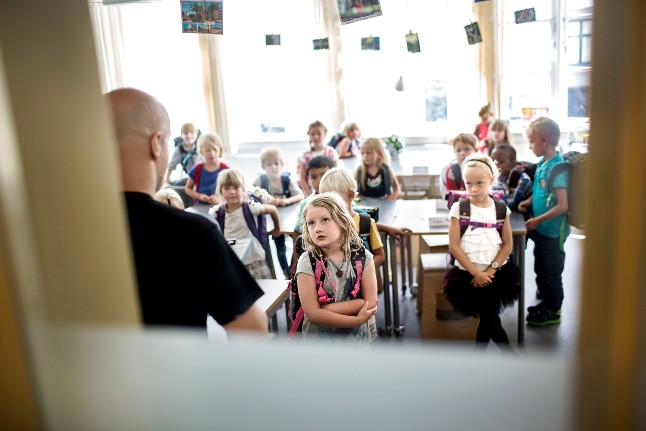Prime Minister Mette Frederiksen said that the government was opening schools for students up until class five first, because the requirement to care for them represented a greater burden on society .
The opening of schools and services for the youngest means that some parents will have peace to.work undisturbed. We need that, because many tasks are left undone,” she said during a press conference.
“I understand that there will be both parents and teachers who will be concerned about becoming infected. That is why children and adults should be outside as much as possible. There should also be more distance between the children when inside. There needs to be more cleanliness. And if you are the least ill, then you have to stay home.”
The government said that adults, who on March 12 were asked to work from home if at all possible, could now start to return to their workplaces more often if they took care to “follow the general guidelines on appropriate behaviour” .
“The authorities will enter into dialogue with the relevant business and employee organisations,” the government said in a document published alongside the video of the press conference.
“Workplaces should continue to focus on flexibility in relation to, for example, working from home, the use of digital meeting solutions, and staggered work and meeting times.”
Older children from class six (11-12) until class ten (15-16) will be able to return to school at the earliest on May 10, Frederiksen said, as will pupils in upper secondary school. As a result, all end of term exams for pupils will be cancelled.




 Please whitelist us to continue reading.
Please whitelist us to continue reading.
Member comments